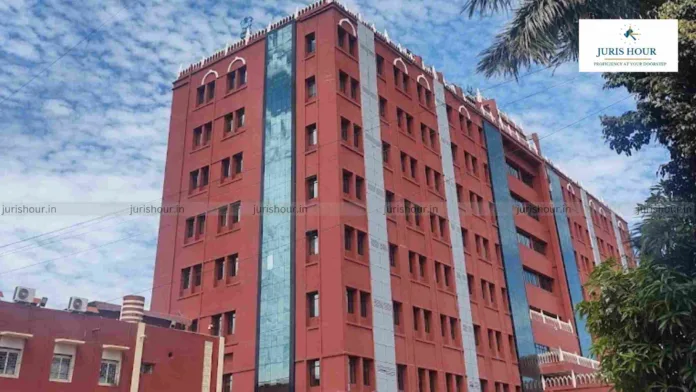The Orissa High Court has sent the blocked-credit dispute to adjudicating authority and clarified on ‘entitlement’ vs ‘entitled’ distinction.
The bench of Chief Justice Harish Tandon and Justice Murahari Sri Raman relied on the decision of Supreme Court in the case of Chief Commissioner of CGST v. Safari Retreats Pvt. Ltd. has observed that there is marked distinction between the expressions, “entitlement to” claim input tax credit and “entitled to avail” input tax credit.
The Supreme Court in Chief Commissioner of CGST v. Safari Retreats Pvt. Ltd. clarified the difference between “entitlement to” claim input tax credit (ITC) and “entitled to avail” ITC.
Who can claim ITC: Only a registered person under Section 25 of the CGST Act can claim ITC, and this is allowed only if certain conditions and restrictions in the CGST Rules are met.
How ITC is claimed: Section 49 sets out the process. Section 16(1) says a registered person can take credit for the input tax paid on goods or services used for business purposes. However, this is still subject to the rules in Section 16(2).
Limits on ITC: Section 17(5) begins with a non-obstante clause (meaning it overrides other provisions). It specifically overrides Section 16(1) and Section 18(1). This means that in situations covered under Section 17(5), ITC is not available, even if the person is otherwise eligible.
In short, being eligible (“entitlement to”) for ITC does not always mean you can actually claim (“entitled to avail”) it—because other provisions, like Section 17(5), can block it.
Background
The petitioner/assessee is engaged in works contract business, received e-mail by which it is intimated that the Input Tax Credit has been blocked against the Electronic Credit Ledger available on GST portal. Since the action of the Department was unilateral without compliance of principles of natural justice, on enquiry, it has come to fore that the Supplier-M/s. Metro International, with GSTIN being non-existent, the goods supplied by it would not entitle the petitioner to avail the benefit of Input Tax Credit.
A representation / reply filed before the Joint Commissioner of State Tax, Bhubaneswar-I Circle, Bhubaneswar on 03.05.2025 has not been attended to.
As Input Tax Credit has been blocked since 28.04.2025, despite representation or reply submitted with material particulars is kept pending for the reason best known to the Authority concerned, the petitioner feeling constrained approached this Court beseeching extraordinary jurisdiction by invoking provisions of Articles 226 and 227 of the Constitution of India.
The petitioner refers to the details of invoices which are issued by the M/s. Metro International series that there was no impediment for the authority concerned to unblock the Input Tax Credit as available in the Electronic Credit Ledger of the petitioner.
The department contended that material contained in letter from the Special Commissioner of CT & GST (Enforcement), Commissionerate of CT & GST, Odisha under Finance Department specifying certain dealers including the present petitioner having had transactions with non- existing tax payers of the State GST of West Bengal triggered action of blocking Input Tax Credit to the extent the petitioner effected such transactions with named suppliers. Therefore, he vehemently contested by furnishing confidential letter dated 08.04.2025 issued from Commissionerate of CT & GST, Odisha, that it would be premature for this Court to intervene with the factual adjudication required to be taken recourse of by the Department.
The court held that it is not a fit case for exercise of extraordinary jurisdiction under Articles 226 and 227 of the Constitution of India, this Court refrains from entertaining the writ petition.
Case Details
Case Title: Transtech Solution Versus The Commissioner CT & GST
Case No.: W.P.(C) No.13821 of 2025
Date: 24.07.2025
Counsel For Petitioner: Kananbala Roy Choudhury
Counsel For Respondent: Sunil Mishra
Read More: Karnataka Sees Record GST Evasion Spike in FY 2025

